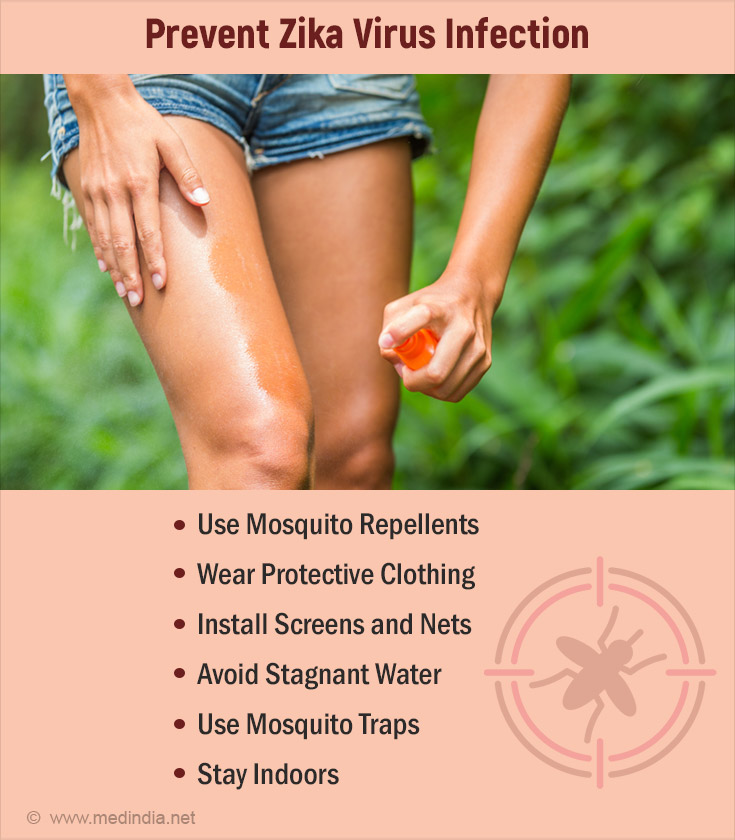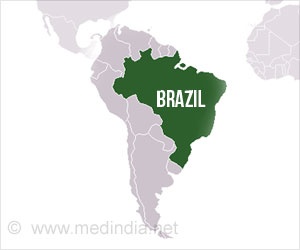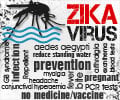- Zika Virus - (https://www.who.int/news-room/fact-sheets/detail/zika-virus)
- About Zika Virus - (https://www.ncbi.nlm.nih.gov/books/NBK430981/)
- Prevention and Control Strategies to Counter ZIKA Epidemic - (https://www.ncbi.nlm.nih.gov/pmc/articles/PMC5328966/)
- Zika virus: An overview - (https://www.ncbi.nlm.nih.gov/pmc/articles/PMC5290753/)
- Congenital Zika syndrome: A systematic review - (https://pubmed.ncbi.nlm.nih.gov/32165128/)
About
In recent years, the Zika virus has emerged as a significant public health concern in India, with an increasing number of cases being reported across the country. Originating in Africa, the virus has spread to various parts of the world, including India, causing outbreaks that have raised alarm among health authorities. Understanding the causes, symptoms, precautions, and treatment options for the Zika virus is crucial for managing and preventing its spread.
Did You Know?
The Zika virus was first discovered in a rhesus monkey in the Zika Forest of Uganda in 1947, and the name "Zika" comes from this forest!What is the Zika Virus?
The Zika virus is a mosquito-borne flavivirus primarily transmitted by Aedes mosquitoes, particularly Aedes aegypti and Aedes albopictus. These mosquitoes are also responsible for spreading dengue, chikungunya, and yellow fever. The virus was first identified in Uganda in 1947 and has since caused outbreaks in Africa, Southeast Asia, the Pacific Islands, and the Americas(1✔ ✔Trusted Source
Zika Virus
Go to source).
Causes of the Zika Virus Spread in India
The rise in Zika virus cases in India can be attributed to several factors:
- Mosquito Breeding Grounds: The presence of Aedes mosquitoes, which breed in stagnant water, is a significant cause of the spread. Poor waste management and water storage practices create ideal breeding sites for these mosquitoes.
- Climate Conditions: India’s tropical and subtropical climate provides a conducive environment for mosquito proliferation. High temperatures and humidity levels facilitate the breeding and survival of mosquitoes.
- Urbanization: Rapid urbanization and population density contribute to the spread of the virus. Overcrowded areas with inadequate sanitation are hotbeds for mosquito breeding.
- Global Travel: Increased international travel has facilitated the spread of the virus. Infected individuals traveling from Zika-endemic regions can introduce the virus to new areas.
Symptoms of Zika Virus Infection
The symptoms of Zika virus infection are usually mild and can last several days to a week. They include(2✔ ✔Trusted Source
About Zika Virus
Go to source):
- Fever: Mild to moderate fever is a common symptom.
- Rash: A maculopapular rash that starts on the face and spreads to the body.
- Joint Pain: Arthralgia, particularly in the small joints of the hands and feet.
- Conjunctivitis: Redness and inflammation of the eyes, also known as pink eye.
- Muscle Pain: Myalgia or muscle aches.
- Headache: Mild to moderate headaches.
Severe Complications of Zika Virus Infection
While most Zika virus infections are mild, severe complications can occur:
- Guillain-Barré Syndrome (GBS): A rare neurological disorder that can cause muscle weakness and paralysis.
- Congenital Zika Syndrome: Pregnant women infected with the Zika virus can transmit it to their fetus, leading to severe birth defects, including microcephaly (a condition where the baby's head is significantly smaller than expected).
Precautions to Prevent Zika Virus Infection
Preventing mosquito bites is the most effective way to avoid Zika virus infection. Here are some precautions to take(3✔ ✔Trusted Source
Prevention and Control Strategies to Counter ZIKA Epidemic
Go to source):
- Use Mosquito Repellents: Apply insect repellent containing DEET, picaridin, or IR3535 on exposed skin and clothing.
- Wear Protective Clothing: Long-sleeved shirts and long pants can help reduce skin exposure to mosquito bites.
- Install Screens and Nets: Use window and door screens to keep mosquitoes out. Sleep under mosquito nets, especially in areas with high mosquito activity.
- Eliminate Standing Water: Regularly empty, clean, or cover containers that hold water, such as buckets, flower pots, and tires, to prevent mosquito breeding.
- Use Mosquito Traps: Mosquito traps and insecticide-treated nets can help reduce the mosquito population.
- Stay Indoors During Peak Mosquito Activity: Mosquitoes that spread Zika are most active during early morning and late afternoon.

Treatment of Zika Virus Infection
There is no specific antiviral treatment for Zika virus infection(4✔ ✔Trusted Source
Zika virus: An overview
Go to source). The focus is on relieving symptoms and providing supportive care. Here are some steps to manage the symptoms:
- Rest: Get plenty of rest to help the body fight off the infection.
- Hydration: Drink fluids to prevent dehydration caused by fever and sweating.
- Pain Relief: Over-the-counter pain relievers like acetaminophen (paracetamol) can help reduce fever and alleviate pain. Avoid aspirin and non-steroidal anti-inflammatory drugs (NSAIDs) until dengue can be ruled out, as they can increase the risk of bleeding.
- Medical Attention: Seek medical advice if symptoms worsen or complications arise, especially for pregnant women and individuals with preexisting health conditions.
Zika Virus and Pregnancy
Pregnant women are advised to take extra precautions due to the risk of congenital Zika syndrome. The virus can cause severe birth defects, including microcephaly and other brain abnormalities(5✔ ✔Trusted Source
Congenital Zika syndrome: A systematic review
Go to source). Pregnant women should avoid traveling to areas with active Zika transmission and take stringent measures to prevent mosquito bites.
Government and Public Health Initiatives To Control Zika Virus Spread
The Indian government and health organizations have implemented several measures to control the spread of the Zika virus:
- Surveillance and Monitoring: Enhanced surveillance systems to detect and monitor Zika virus cases.
- Public Awareness Campaigns: Educating the public about preventive measures and the importance of eliminating mosquito breeding sites.
- Vector Control Programs: Initiatives to reduce mosquito populations through insecticide spraying and community participation in cleaning and eliminating standing water.
- Travel Advisories: Issuing guidelines for travelers to Zika-affected regions and advising pregnant women to avoid such areas.
The rise in Zika virus cases in India is a cause for concern, but with the right knowledge and precautions, its spread can be controlled. Understanding the causes, symptoms, and treatment options is crucial for managing the virus effectively. Public awareness, combined with government and community efforts, plays a vital role in preventing Zika virus infections and protecting public health.
By staying informed and taking proactive measures, we can reduce the impact of the Zika virus and safeguard the health of individuals, especially pregnant women and vulnerable populations. Stay vigilant, protect yourself from mosquito bites, and contribute to the collective effort to combat the Zika virus.










